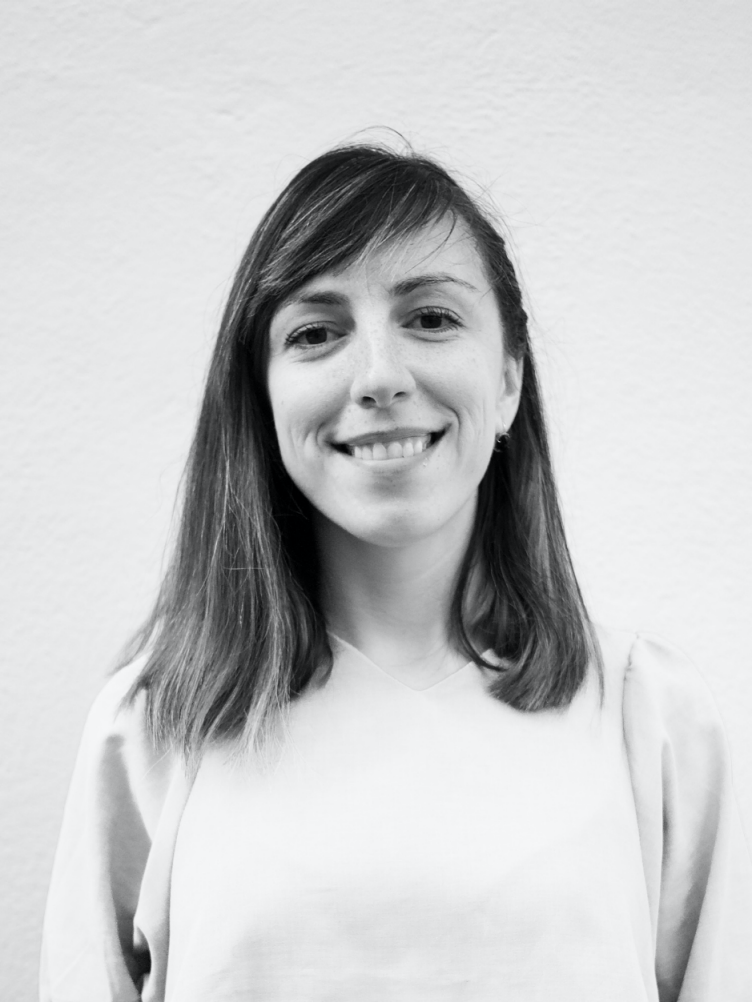Hans Eggenberger Prize 2019 to Ileana-Cristina Benea-Chelmus
Dr. Ileana-Cristina Benea-Chelmus has been awarded the 2019 Hans Eggenberger Prize for groundbreaking research performed in the Quantum Optoelectronics Group of Prof. Jérôme Faist (D-PHYS). The Hans Eggenberger foundation further finances part of her current research at Harvard University, where she is a postdoctoral fellow.

In her doctoral work, Ileana-Cristina Benea-Chelmus has made substantial contributions to the field of terahertz quantum optics, which explores quantum optical phenomena at the frequency boundary between electronics and optics. The terahertz spectral range encompasses electromagnetic waves oscillating much faster than microwaves and therefore holds great promise for future ultrafast science and technology. The regime of quantum optics, which deals with a small number of photons, remained however out of reach before for terahertz radiation.
Ileana-Cristina Benea-Chelmus and her colleagues at ETH Zurich have bridged that gap. They pushed the boundary of sensitivity and temporal resolution in the terahertz range to enable fundamentally new experiments. In particular, they characterized for the first time the remaining electric field that oscillates in a vacuum after all photons have been removed from it: the vacuum-field fluctuations. This required the detection of quantum fields on timescales shorter than their oscillation cycle to be matched with the electric field sensitivity required when measuring zero photons. Success relied on optimizing all aspects of the experiment: nonlinear optics, ultra-low-noise acquisition, cryogenic operation, nanofabrication, automation, and dealing with extensive data sets.
From a conceptual standpoint, the thesis marks the beginning for studies of quantum field correlations in the so-called Heisenberg limit — the fundamental limit on measurement precision imposed by quantum mechanics — on sub-cycle temporal and spatial scales. The insights gained elucidate the fundamental physics of vacuum field fluctuations. The new knowledge emerging from these studies might serve in the future to understand correlations mediated by vacuum-field fluctuations among distant physical systems, such as atoms or artificial quantum systems.
Like in other fundamental studies, this basic research also fostered developments in distinctly applied areas. Novel detectors that combine the molecules with the strongest non-linear optical properties and resonant terahertz cavities on glass and on a silicon platform were shown to have unprecedented sensitivity. With the ever-increasing demand for coherent control of photonic and electronic degrees of freedom with lowest dissipated energy, achieving detection sensitivities commensurate with fractions of single terahertz photons will soon become imperative.
In addition to awarding the 2019 Hans Eggenberger Prize to Ileana-Cristina Benea-Chelmus, the Hans Eggenberger foundation will also support her current research. She started in March 2019 a postdoctoral-fellow position at Harvard University, where she deepens her knowledge and expertise in the area of high-speed nano-optics and silicon photonics. There skills will further strengthen her profile in the area of fundamental research on sub-cycle quantum phenomena and of developing practical high-end devices for industrial applications.
Hans Eggenberger Prize
The external page Hans Eggenberger Prize is usually awarded annually to outstanding young scientists, in recognition of an outstanding Bachelor, Master or doctoral thesis.. The prize aims to promote young scientists, preferably but not exclusively in the field of interdisciplinary application of electronics and/or electrical-energy technology. The price consists of a sum of CHF 10,000 and the co-financing of a subsequent research project.